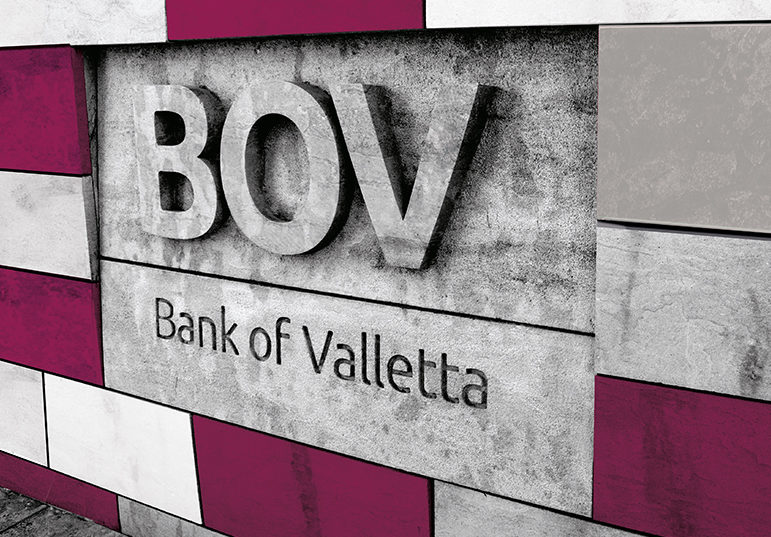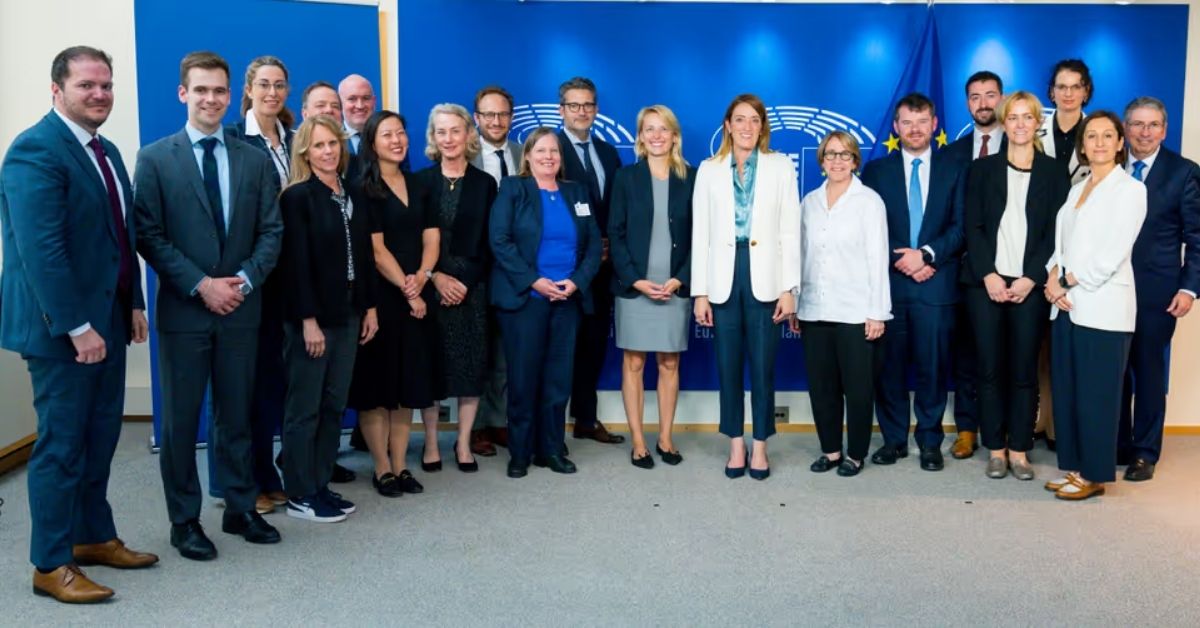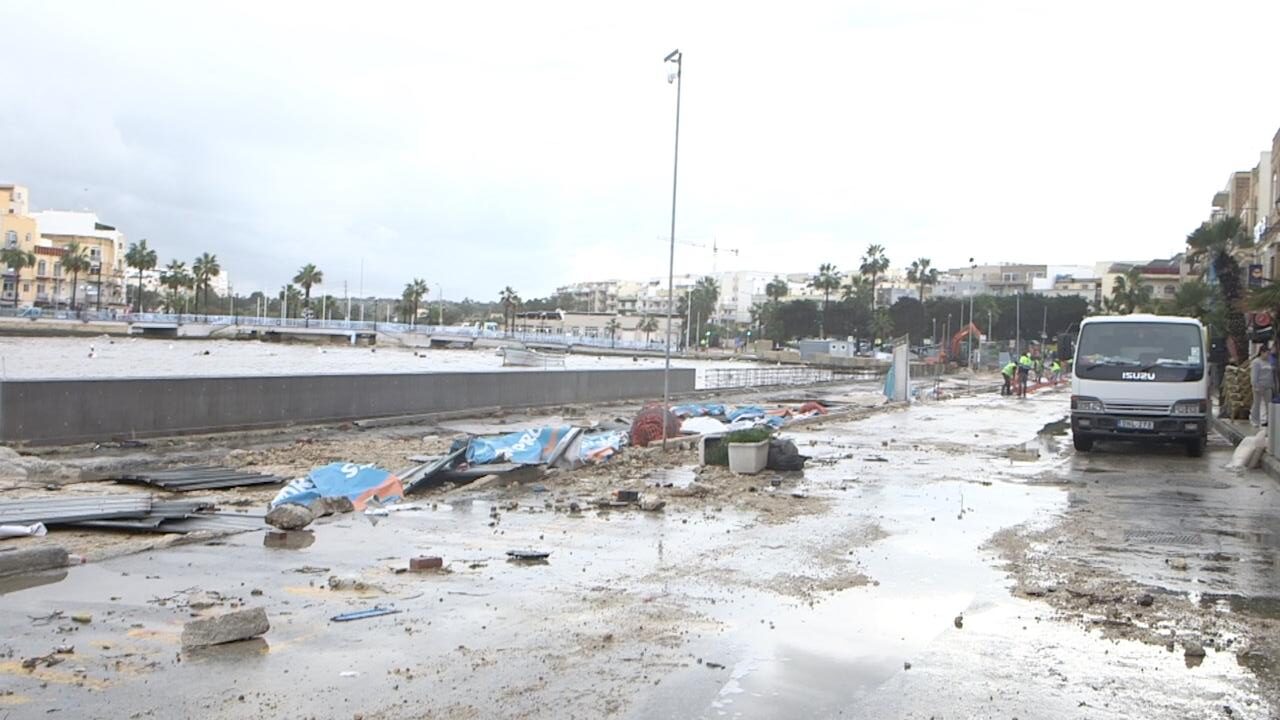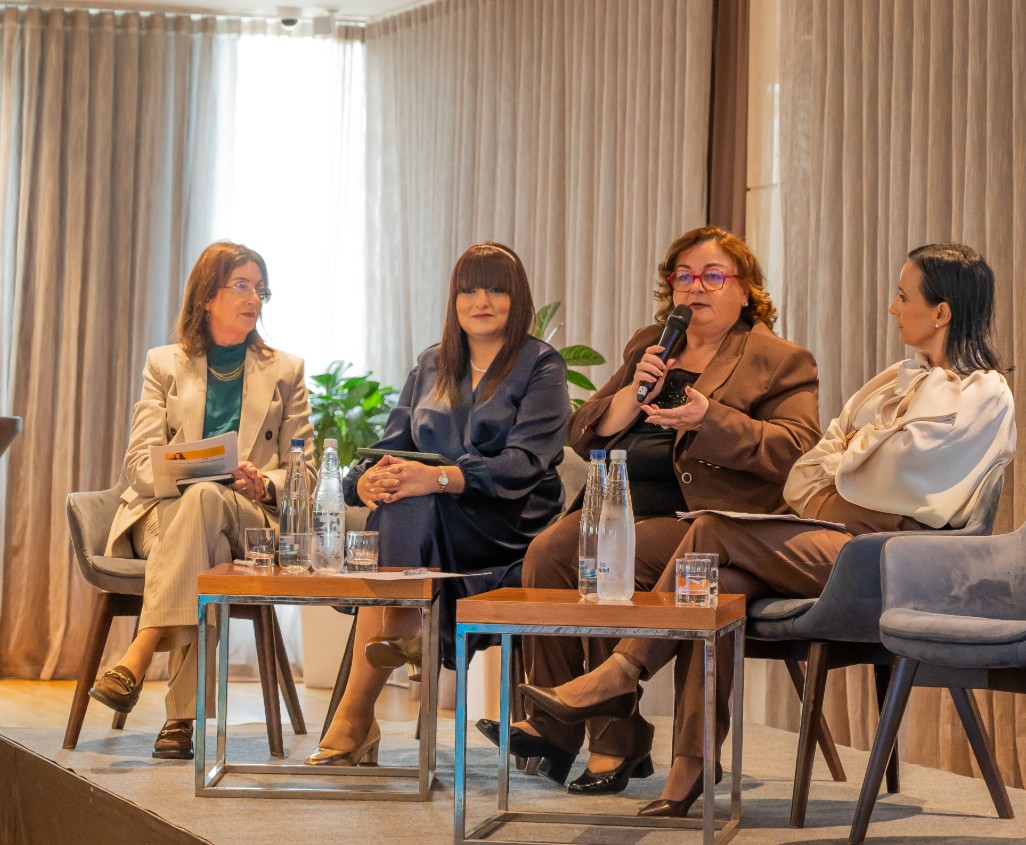Bank of Valletta chairman Gordon Cordina has defended the engagement of several consultants at what has been described as an “exorbitant” cost, stressing that the specialist advice required to navigate the stricter regulatory landscape is not being treated as a “consumable service” but rather an investment in the bank’s human resources and systems.
BOV’s engagement of seven foreign consultants at a cost of between €1,500 and €2,000 a day made a splash earlier this month when it was picked up by The Shift News, which calculated that the combined contracts would cost the bank around €5 million in fees over their duration, which is between 12 and 24 months.
Speaking to BusinessNow.mt, Dr Cordina describes the news as “not untrue, but that does not mean it is unjustified”.
He explains that BOV was found “sorely lacking” in a 2019 report by the European Central Bank (ECB). “It is this regulatory context that one must keep in mind when discussing whether this or that expense is justified.”
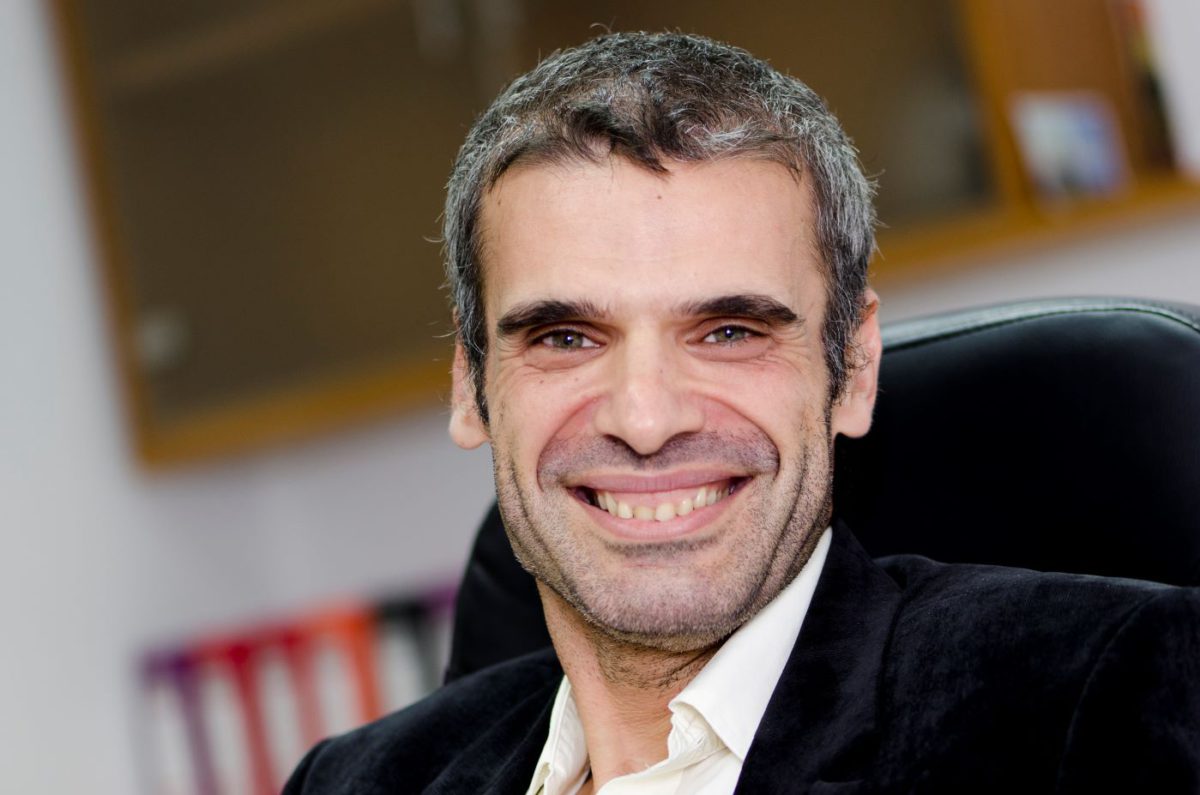
While admitting that such costs are indeed high and would be difficult to justify in a business as usual situation, Dr Cordina seeks to emphasise that the current scenario is “definitely not business as usual”, saying that such consultancies are necessary to effectively adapt to the regulatory framework and embark on a transformation processes.
“What I can say is that the internal procedures to scrutinise such expenditure were proven to be robust. The contracts passed through our governance systems – more than one pair of eyes and hands went over their contracts – and the matter was raised at multiple levels.”
He points out that this indicates a culture which has bought into the more stringent rule-based environment that the bank has been trying to foster, and confirms that the review of the engagements was ultimately accepted as justified and necessary.
“I understand the concerns raised. Of course I do. The issue is evident from our financial statements. Our human resources costs have increased by some five to 10 per cent a year, while the fees being paid to consultants have comparatively shot up.”
Shareholders are therefore right to ask questions, he says. However, it is also important to understand the context: “If the regulator needs us to do certain tasks by a certain time, if we as a bank do not have the internal resources to do it, there is no other choice but to engage those resources.”
The chairperson’s answer reflects that given earlier by a BOV spokesperson: “the bank engages local and international consultants who it deems to be specialised in the area of expertise and does so only when it cannot make use of its own internal resources”.
Dr Cordina continues: “So certain consultancies can be indeed justified on that level. But throughout we want there to be a transfer of knowledge to build up the bank’s human capital, building foundations for the knowledge and systems that will take us out of the current situation and into the future.”
Asked for the specific specialisations in question, he refers to IT, cybersecurity and cyber-risk, credit risk, compliance, AML, and more traditional areas like improvement of credit systems, credit scoring, and improvement to the bank’s wealth management offering.
“These consultancies are not being treated as a consumable service. They’re an investment,” he says.
Dr Cordina declines to comment on the specific consultancy contracts that were the subject of controversy, including whether and where calls for expressions of interest were published, citing confidentiality agreements and GDPR.
Although he makes it a point to explain that his job as chairperson is not to impose on the executive, but rather to challenge the way it conducts business and checks that the systems it uses are working properly, he nonetheless felt “duty-bound” to make it clear that such consultants should be engaged for a limited period of time.
He observes that although BOV is a systemically and structurally important bank, the largest in the country, it is still a small bank by European standards, and the burdens of adhering to regulations are high when compared to income.
“Expectations are high, but we need to remember that the whole compliance team just 10 years ago was made up of only three individuals. Today we have 70 compliance professionals working at BOV – and we need to continue growing our anti-money laundering / counter terrorism financing (AML/CFT) function.”
Pointing out that de-risking remains “an ongoing process” for both bank and country, Dr Cordina refers to the €2.6 million fine issued by the Financial Intelligence Analysis Unit (FIAU) to the bank last week.
“We have accepted the fine and remedied the issue. The facts were what they were and the bank will not contest the decision.”
Still, the relative shock regarding the size of the fine exposes the gulf between Maltese and European banking, with a fine that might be regarded as a light slap on the wrist on the continent treated as a seismic event locally.
Dr Cordina goes back to Malta’s greylisting to conclude, insisting that the priority for all economic stakeholders remains getting off the Financial Action Task Force’s (FATF) list of jurisdictions subject to increased monitoring as soon as possible.
The effects, he says, have been limited “so far”, with partners asking more questions and demanding more assurances but relatively few relationships changing substantially.
“Although the ECB’s report back in 2019 came as a rude awakening, we must be grateful – the regulator did a great service to this bank and the wider economy by bringing up issues that were eventually further scrutinised by the FATF. Thanks to them, we were able to get a head start on the de-risking transformaation.”
French NGO accuses Metsola and MEP of working with USA to dismantle Green Deal
Bloom calls out EU officials for 'adopting the Trump administration's strategy' to torpedo corporate environmental due diligence
Storm-hit businesses can now apply under amended Malta Enterprise scheme
A new measure offers targeted aid to storm-hit businesses while giving non-compliant operators one year to regularise their permits
Access to finance and rising fraud risks discussed at Malta Women & Finance Summit 2026
Expert advice for spotting scams and opinions on investing


